Life
Sign up for our newsletter
We summarize the week's scientific breakthroughs every Thursday.
-
 Earth
EarthMineralogy’s link to ecology makes an Earth twin unlikely
Earth’s unique blend of minerals emerged with the evolution of life, making it extremely unlikely that another planet has Earth’s exact mineral composition.
-
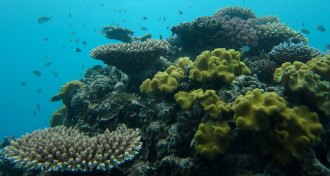 Climate
ClimateResilience protects corals from hurricanes — and climate change
Coral reefs have evolved to be resilient in the face of hurricanes that can devastate human populations. But climate change is reducing the ability of reefs to bounce back from disaster.
-
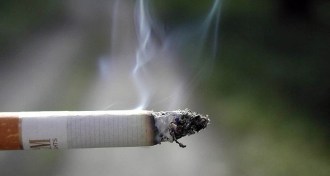 Genetics
GeneticsMale smokers more likely to lose Y chromosomes
Male smokers are more likely to lose Y chromosomes in their blood cells than men who have never smoked or those who have kicked the habit.
-
 Life
LifeElectric eels remote-control nervous systems of prey
Electric eels’ high-voltage zaps turn a prey fish against itself, making it freeze in place or betray a hiding place.
By Susan Milius -
 Microbes
MicrobesMicrobes floating among clouds may munch on sugar
Floating in a cloud and noshing sweets while wrapped in a cozy bubble sounds like a pleasant dream. For some lucky bacteria, it may be a reality.
By Beth Mole -
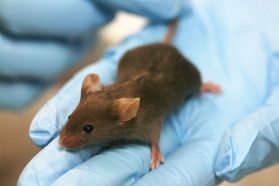 Neuroscience
NeuroscienceMain protein for sensing touch identified in mammals
A close look at how mice respond to touch has helped scientists pinpoint the protein, called Piezo2, that makes mammals feel the sensation.
-

-
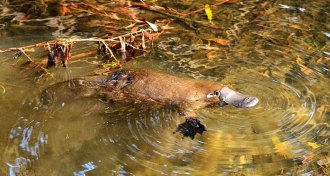 Animals
AnimalsPlatypuses are full of mystery
With duck bills, webbed feet and venomous spikes, platypuses are one of the weirdest animals you’ll ever be lucky enough to see.
-
 Life
LifeTadpole eye transplant shows new way to grow nerves
Wiring replacement organs into the body may be as easy as discharging a biological battery, new experiments with tadpoles suggest.
-
 Science & Society
Science & Society‘Race Unmasked’ explores science’s racial past, present
Eugenics is far behind us, but a health historian sees few reasons to believe science is postracial.
By Bryan Bello -
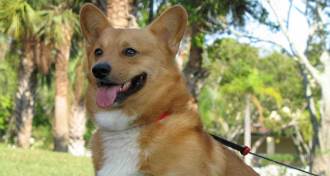 Neuroscience
NeuroscienceDogs’ brains may process speech similar to humans’
When it comes to interpreting human speech, dogs may have brain-hemisphere biases similar to people’s.
-
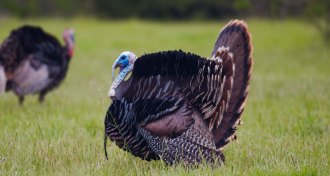 Animals
Animals10 bites of turkey trivia for your holiday meal
Will turkeys really drown if they look up in a rainstorm? Can they fly? Where did the domestic turkey come from? Learn answers to these questions and more.